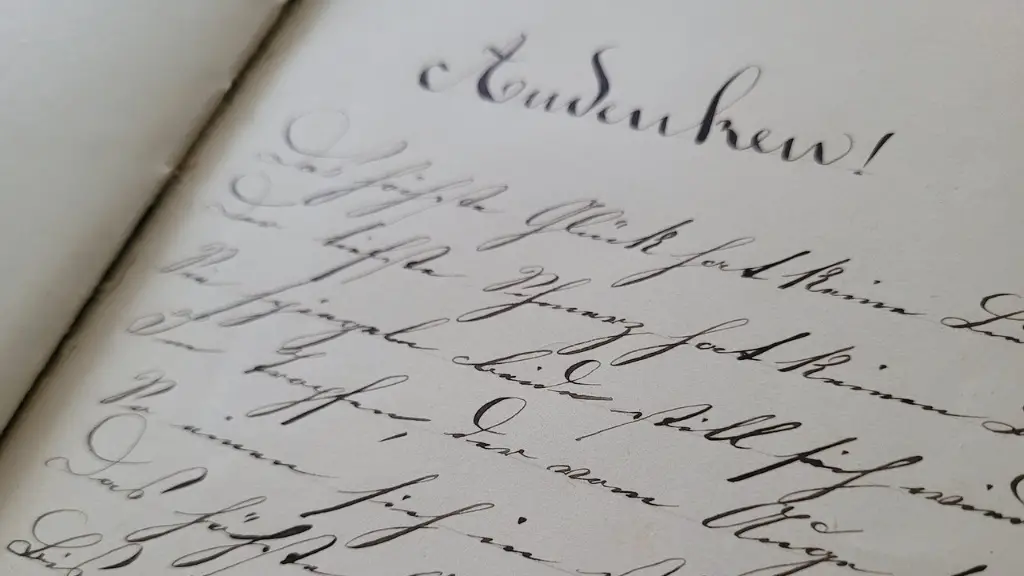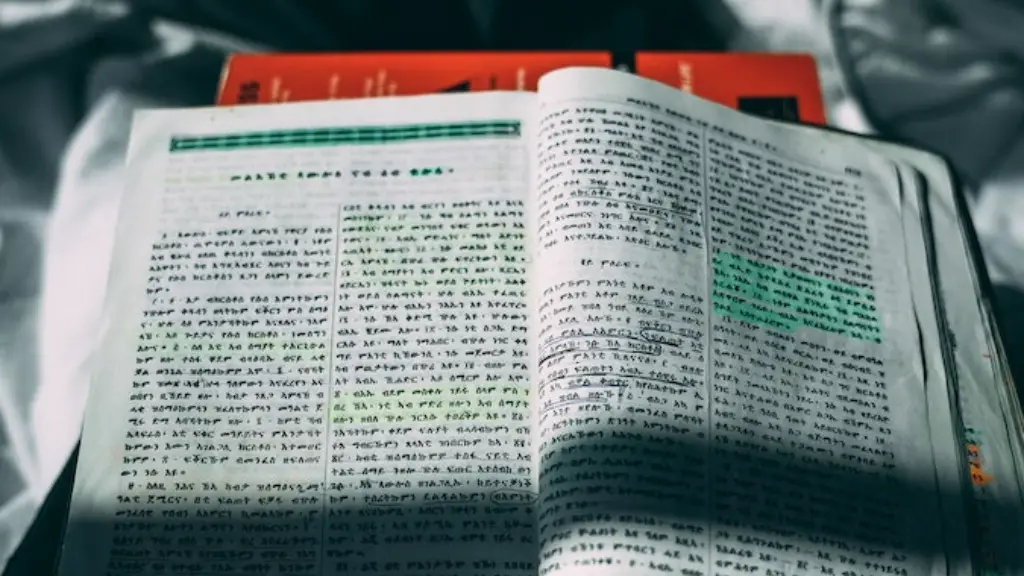Langston Hughes is one of the most beloved and celebrated figures in American literature. His poems, often powerful, poignant and personal, have stood the test of time, inspiring readers for generations.
Born in 1902, Hughes was a leader of the Harlem Renaissance, a time in history when African American writers and intellectuals began to be widely recognized and appreciated for their works and perspectives. Coming into adulthood in the 1920s, his writings and social activism would draw attention to the importance of celebrating black culture and heritage.
Much of Hughes’ poetry conveyed the struggles of racial prejudice and discrimination in post-slavery America. Along with his depictions of the realities of race, he also featured protagonists who expressed hope and resiliency in their search for a place to belong within a world stacked with struggles. His words’ power remains strong and influential even today as readers continue to use the rich imagery of Hughes’ words to make sense of difficult times.
Amongst his most famous and beloved works is “The Negro Speaks of Rivers.” This timeless poem is a homage to the history and beauty of African American movements. The weaving of ancient lineage is a prompt for readers to consider the varied global contributions of black people. Echoing throughout is the deeper sense of value that is owed to African Americans and their cultural heritage.
In “Dreams,” Hughes speaks confidently of yet unseen potential and possibilities, describing the complicated relationship between ambition and reality in a poem full of visual appeal and traditional poetic meter.
Another of Hughes’ most memorable works is the blues-infused “Harlem.” This iconic narrative paints a complex image of the disillusionment felt by black Americans in the 1950s due to economic inequality and social aspirations that were regularly out of reach. Like many of his pieces, this poem is kept relevant by every generation of readers who search its lines for ways to better understand our shared lived experiences.
In addition to his thirteen books of poetry, his most enduring contribution to American literature is the popular play, “Mule Bone,” which he wrote in collaboration with Zora Neale Hurston. Spanning between dialect and standard English, this work captures the vast range of cultural expressions throughout the African American community.
The Broad Messaging of Langston Hughes’ Poems
That the energy and spirit of Langston Hughes continues to be relevant today is a testament to the universality of his message. With an expansive poetic catalogue, Hughes provided readers with tangible terms to identify with and explain their experiences. African Americans were given the opportunity to develop an understanding of what it is like to be black in America through Hughes’ moves between the oppressive and the hopeful.
His moving works broadened the literary canons of America, introducing different message within socio-political conversations and allowing an understanding of how race, history and oppression are intertwined. By recognizing the visceral impacts of racism, Hughes sought to challenge existing power dynamics and push for a greater sense of agency within the African American community.
The Message from Hughes’ Poems Today
The message that emerges from Hughes’ poems is not limited to specific moments in time. In today’s changed political climate, his words still have the power to shift perspectives, create empathy, and push for deeper understanding. Hughes has been adapted as a figure and a voice of change, as his potent works appeal to many younger generations actively confronting racism and injustice.
The leadership demonstrated by Langston Hughes over a hundred years ago continues to inform our times, impacting the ongoing political and social discourse surrounding race in America. His poems can help readers understand that there is strength in the battle for equal rights, and the promise of a better future still holds.
Analyzing Poetic Devices in Hughes’ Works
Dissecting the poetic framework in various Langston Hughes works provides readers with a fuller, multifaceted understanding of his craft. His adaptability to different poetic forms, from traditional verse to free verse, from narrative to lyric, Hughes’ works demonstrate the versatility of American poetry in exploring different themes and identities.
Within any work, readers can consider the usage of alliteration, similes, metaphors and metonymy to determine the intricacies of Hughes’ writing. By exploring these language devices in combination with the power of his messages, a greater exploration of the development of Hughes’ works from the 1920s to date can be captured.
Honoring Hughes’s Legacy
Because of his contributions, Langston Hughes has been long remembered as an iconic figure, praised around the world and honored with various awards, streets and statues crowned in his name.
Though he passed on in 1967, his work is continuously reintroduced to readers through various editions, reworks and adaptations. Through these, each generation discovers and develops an understanding of how Langston Hughes, like many African American creatives, used his words to challenge, reshape and revolutionize mainstream culture.
Comparison with Other African American Poets
Using Langston Hughes to compare and contrast the works of other African American poets can provide readers with more meaningful insights into the African American experience. As a founding figure, many poets such as Maya Angelou, Gwendolyn Brooks, Lucille Clifton, Nikki Giovanni, and many others have mimicked, contrasted and developed Hughes’ words as articulations of their own versions of blackness.
In contrast to the totality of black experiences, Hughes focused specifically on a range of topics usually found in works of protest poetry. Between these two ends of the spectrum, readers of poetry by African Americans can explore what it means to be black in America, identifying a commonality with one of the most enthralling contemporary poetry movements.
Relationship between Music and Poetry of Langston Hughes
An additional point of study is the relationship between Langston Hughes’ poetry and music. Being a poet of blues and jazz, Hughes adopted the vernacular of popular music to express his deeper political messages. His works, often rhythms with traditional blues, were simple enough to learn, allowing Hughes’ readers to reproduce his words in spoken and sang forms.
This accessibility created an entry for the novel experience of African American literature to be spread around the United States. Through his lyrical narrative, readers can explore a relationship between language, music and metaphor that is still seen in American culture today.
Continuing to Listen to Langston Hughes’ Poems
In each generation, those gripped by the power of Langston Hughes’ words speak of their impressions and understandings of his poetry. In a time where movements are fiercely fighting against racism and injustice, the works of Langston Hughes are becoming increasingly relevant as readers look for strength within the struggles of the African American people.
Today, to understand an American experience of race, readers continue to turn to Hughes’ works. His moving stories, powerful messages and beautiful imagery fuel readers of all ages as they navigate their ever-changing world. In turn, Hughes’ works continue to profoundly speak to our collective truths, reflecting a greater American experience of the African American people.





